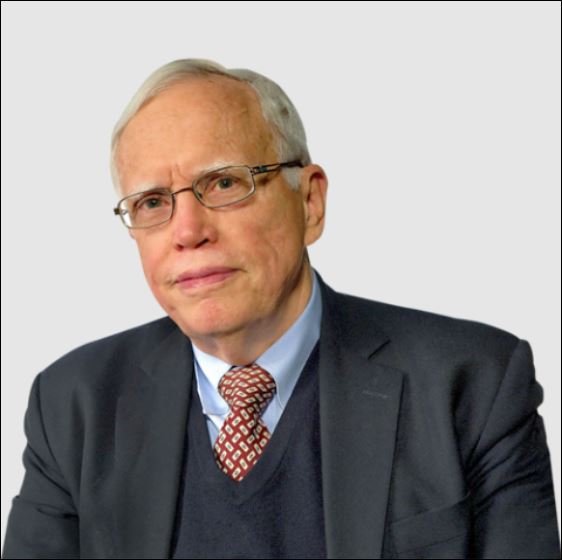Why was James Heckman Awarded the Nobel Prize for Economics in 2000?
James Heckman's Nobel Prize: A Pioneer in the Field of Econometrics and Human Capital
In 2000, the Nobel Prize in Economic Sciences was awarded to James Heckman, an esteemed American economist renowned for his groundbreaking contributions to econometrics and human capital theory. Heckman’s research has had a profound impact on the understanding of labor markets, education, and social policy.

1. Advancements in Econometrics
One of the primary reasons for James Heckman’s Nobel Prize was his significant contributions to the field of econometrics. Throughout his career, Heckman developed innovative statistical methods and models that became essential tools for economists to analyze complex data and draw meaningful conclusions. His work on sample selection bias and self-selection corrected estimation methods has been widely adopted and has enhanced the accuracy of empirical analyses in various economic and social contexts.
2. Pioneering Human Capital Theory
Heckman’s pioneering research in human capital theory was also instrumental in earning him the Nobel Prize. His studies emphasized the critical role of education and skill development in shaping individuals’ economic outcomes and the overall productivity of the labor market. Heckman’s work demonstrated that investments in human capital, such as early childhood education and job training programs, yield substantial returns in terms of increased productivity, reduced social inequality, and improved overall economic growth.
3. Contributions to the Economics of Education
James Heckman’s research in the economics of education has been of great importance to policymakers and educators alike. His work shed light on the economic implications of education policies, such as school vouchers and early childhood interventions. Heckman’s insights into the long-term benefits of investing in early childhood education have influenced education policies worldwide, encouraging governments to allocate resources towards programs that promote equal opportunities for all children.
4. Focus on Social Policy and Inequality
Another crucial aspect of Heckman’s work was his emphasis on social policy and its impact on inequality. He highlighted the role of targeted interventions and social programs in reducing poverty and enhancing social mobility. His research on the economics of inequality underscored the importance of addressing disparities early in life to break the cycle of poverty and promote inclusive economic growth.
5. Integration of Economic Theory and Empirical Research
James Heckman’s ability to bridge economic theory with empirical research sets him apart as a distinguished economist. He not only contributed to theoretical advancements in econometrics and human capital theory but also provided robust empirical evidence to support his hypotheses. Heckman’s ability to link theory and data has made his research influential and practical, allowing policymakers to make evidence-based decisions to address pressing economic and social challenges.
James Heckman’s Nobel Prize win in 2000 celebrated his transformative contributions to econometrics and human capital theory. His innovative statistical methods and models have advanced the field of econometrics, enhancing the accuracy of empirical analyses in economics. Heckman’s research on human capital has underscored the importance of education and skill development in driving economic growth and reducing inequality. His insights have had a lasting impact on education policies and social interventions, guiding policymakers in their efforts to promote inclusive economic development. As a pioneer in the field, James Heckman’s legacy continues to inspire economists and policymakers to utilize rigorous research to address complex societal issues and build a more equitable and prosperous world.




